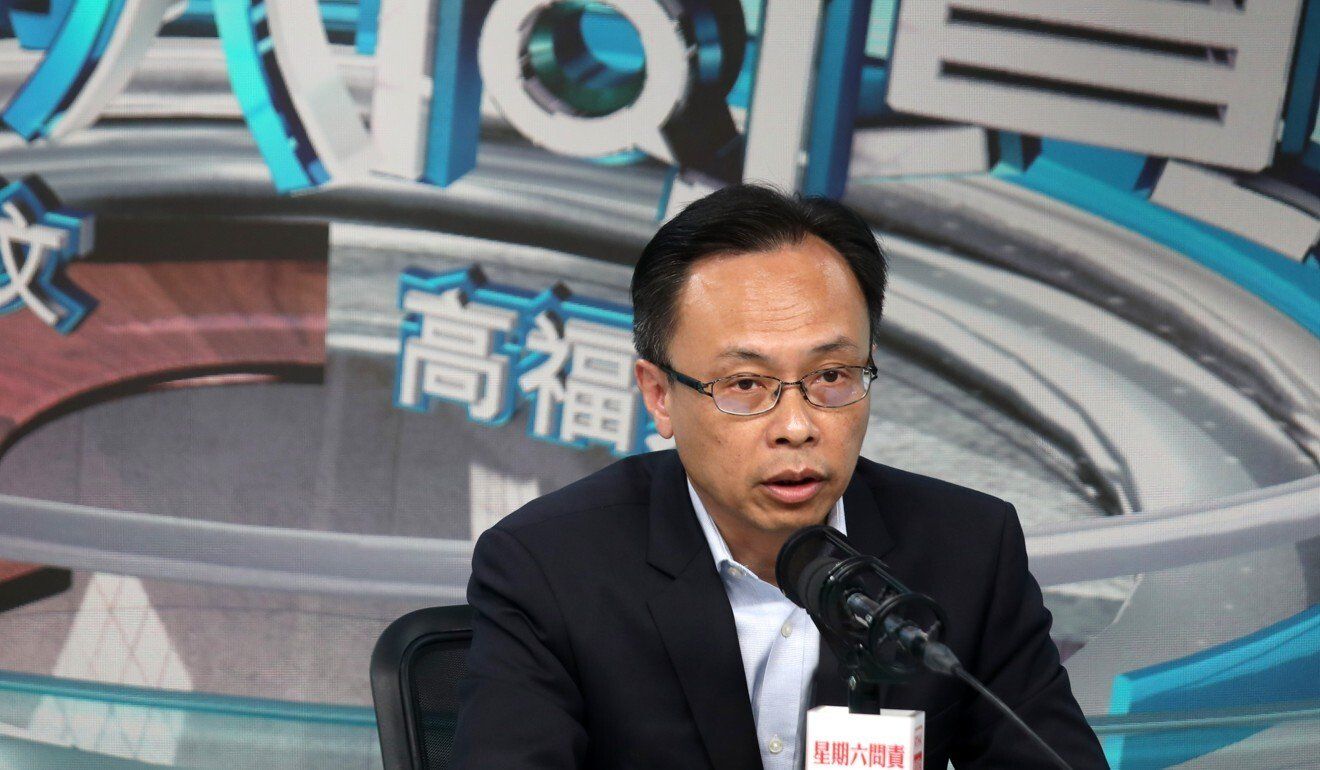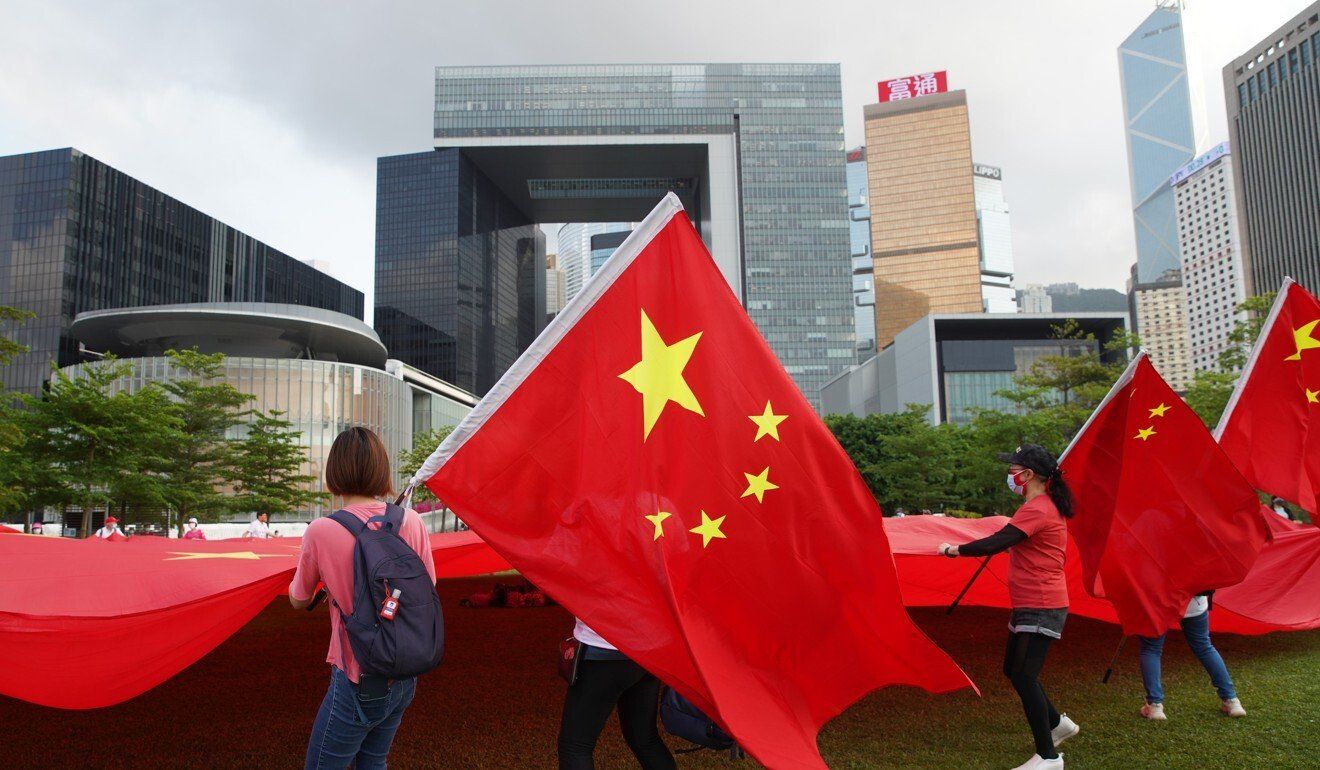Hong Kong News

Number of Hongkongers chasing lucrative civil service jobs down 30 per cent
The number of applicants for usually coveted administrative officer posts in the Hong Kong government has dropped by 30 per cent from a year ago because of drastic political changes as a result of Beijing’s bottom line that only those deemed “patriots” will be allowed to run the city.
Secretary for the Civil Service Patrick Nip Tak-kuen revealed on a radio programme on Saturday that this year’s recruitment drive attracted only 9,700 applicants for administrative officer (AO) jobs, down from 14,000 last year.
Helping draft most policies, AOs are members of an elite corps of about 670 civil servants with a lucrative entry-level salary of HK$55,995 (US$7,225) per month, with jobs typically filled by new graduates.
Widely viewed as having bright prospects given their status within the civil service, those AOs who rise to the directorate grades earn HK$165,000 to HK$300,000 a month. Recruitment to the service, considered the backbone of the government, with officers assigned to all bureaus, has always been highly competitive.
 Secretary for the Civil Service Patrick Nip.
Secretary for the Civil Service Patrick Nip.
However, Nip said the reduction was expected given the drastic change in the administrative landscape after last June’s imposition of the national security law, and the Beijing-decreed overhaul earlier this year of Hong Kong’s electoral system, aimed at ensuring only “patriots” were running the city.
“Usually following a big event or a drastic change in society, the number of applicants for the AO posts will drop. But the figure will go up very soon,” he said, adding that the number of applicants for the next level of executive officers (EOs) this year also dropped by 30 per cent.
Nip said he had no concerns about hiring capable candidates for the elite jobs, pointing out that the recruitment process remained competitive, as the government usually hired no more than 30 AOs every year.
Earlier this year, the government began requiring civil servants – depending on their grades – to either take an oath or sign a declaration pledging their allegiance to the city.
As part of the recruitment process, from the middle of next year applicants for all civil service jobs must pass an updated test on the Basic Law, Hong Kong’s mini-constitution, and the national security law.
Nip said the two tests would be combined into one exam and were likely to take the form of multiple choice questions.
“Most importantly, civil servants must fulfil certain criteria, including being patriotic, loyal to both the Hong Kong and central governments, and having a good grasp of the relations between Hong Kong and China,” he said.
Leung Chau-ting, chief executive of the Federation of Civil Service Unions, said the changes would only raise the bar for civil servants already subject to more stringent political and character screenings because of their sensitive roles.
While the position came with a higher starting salary, he said many applying often had professional qualifications in other fields and could be keen to pursue those opportunities instead.
 Civil service chief Patrick Nip said several decisions handed down by
Beijing had affected the number of applicants for lucrative government
jobs.
Civil service chief Patrick Nip said several decisions handed down by
Beijing had affected the number of applicants for lucrative government
jobs.
He also added that interest in joining the government would not pick up just because of the passage of time, as the economy mattered more.
“Normally, you look at the economy. When the economy is bad, people tend to be more keen to join the government,” he said.
Alexa Chow Ping-yee, managing director of ACTS Consulting, said politics and societal changes had played a particularly important part in the drop of applications.
She said many who took part in the civil unrest of 2019 would have been the target group for government recruitment in the past.
“If they don’t accept the government, it’s natural that they don’t want to join the government,” she said.
While she predicted the trend of people leaving the city would stabilise over the next three years, it could take longer for people’s attitudes towards the government to change.
“It all depends on whether the government will be able to move the young people to make them view the authorities and Beijing more positively,” she said.
John Burns, an emeritus professor at the University of Hong Kong’s department of politics and public administration, said Beijing had grown increasingly distrustful of AOs, which it suspected of lacking patriotism and failing to understand the mainland.
He said people might hesitate to apply for the posts when the prospects were unclear.
In the final policy address of her term, Chief Executive Carrie Lam Cheng Yuet-ngor announced plans to review the existing appointment mechanism for senior civil servants in accordance with the principle of meritocracy, after admitting the government faced difficulties in attracting talent to join the “hot kitchen”.











